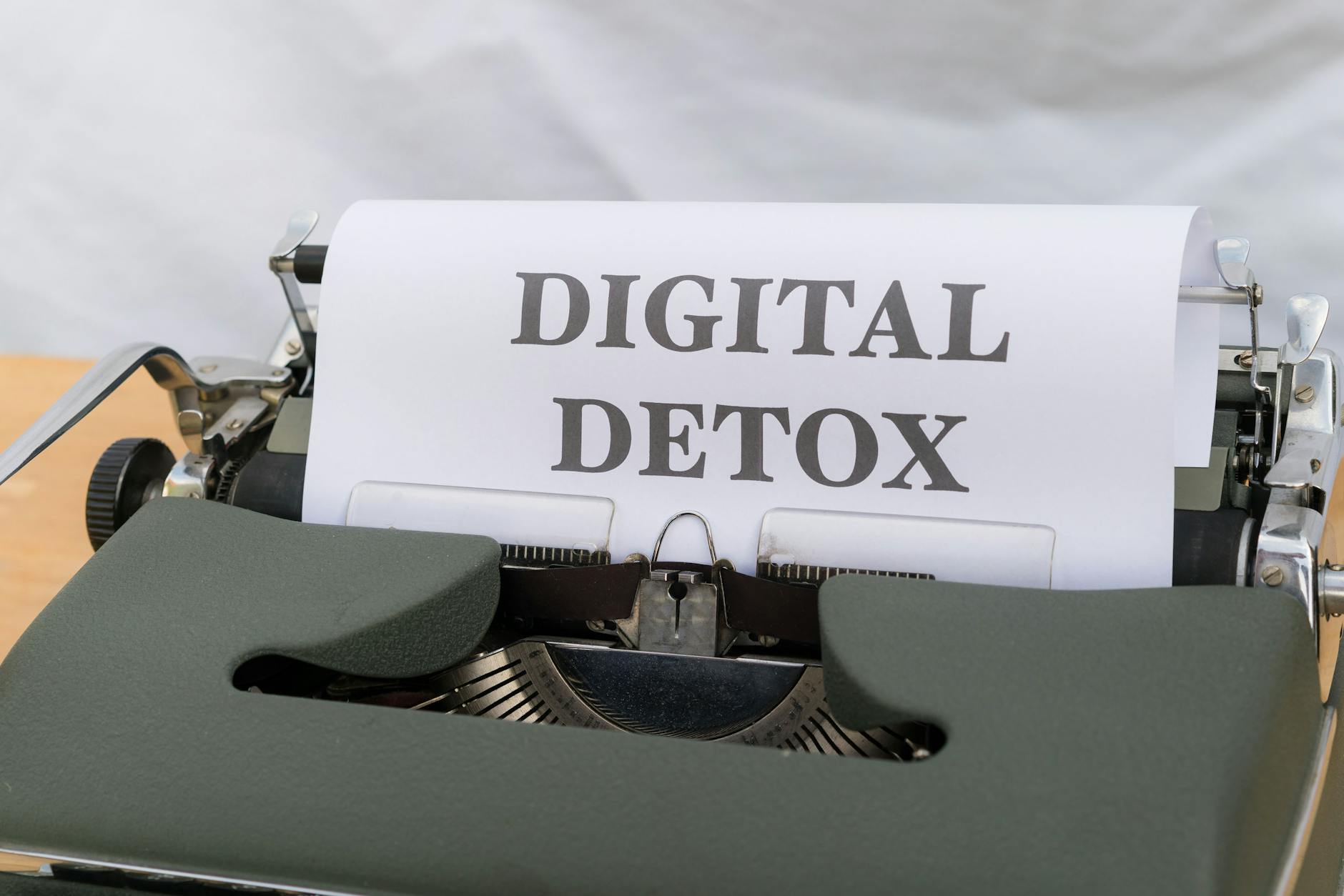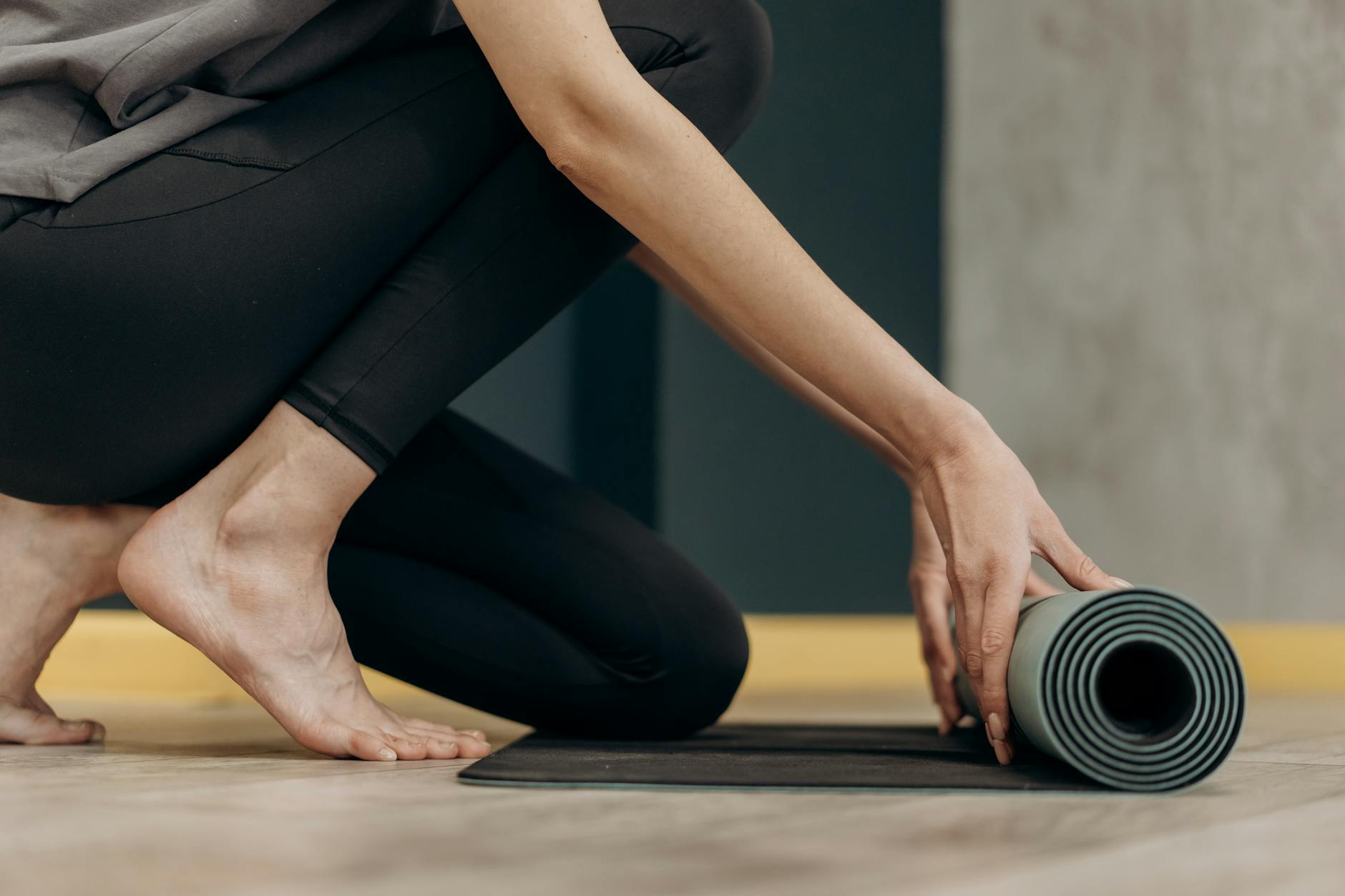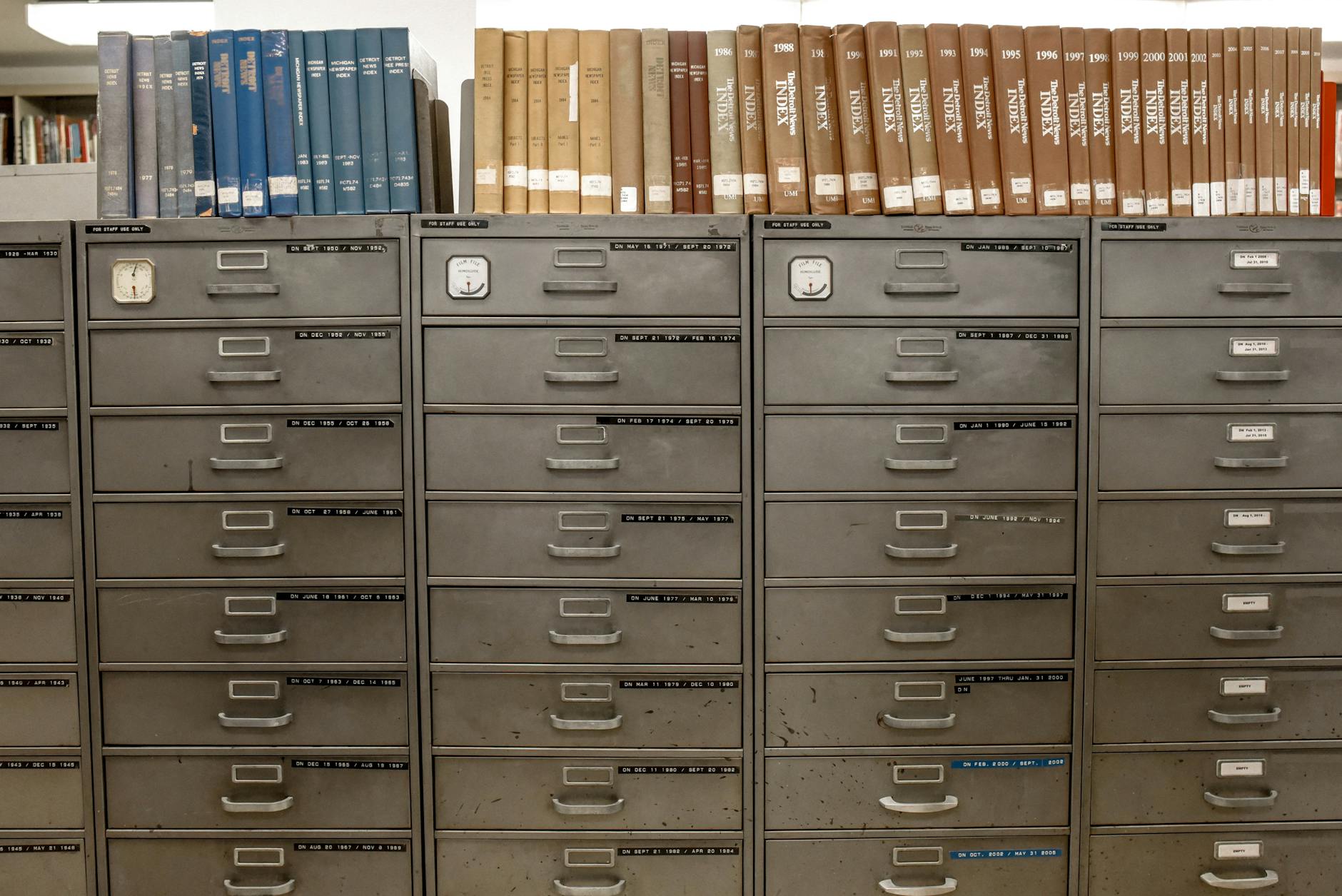Decluttering goes beyond just tidying up your physical space; it can significantly impact your mental clarity and overall well-being. A cluttered environment often leads to a cluttered mind, causing stress, decreased productivity, and a sense of overwhelm. By simplifying your surroundings, you can create a sense of calm and focus that can positively influence your mental health.
In this blog post, we will explore effective decluttering tips that go beyond just organizing your belongings. These tips are designed to help you create a space that promotes mental clarity and sets the stage for better productivity and peace of mind. Let's dive into practical strategies that will not only transform your living environment but also declutter your mind for a clearer, more focused outlook on life.
The Impact of Clutter on the Mind
Living in a cluttered space may do more harm than just what meets the eye. The presence of clutter can have a significant impact on our mental well-being, influencing our stress levels and cognitive abilities. Let's delve into how clutter affects the mind.
Stress and Clutter
Clutter isn't just a physical nuisance; it can be a mental burden too. Studies suggest that a messy environment can lead to elevated stress levels, making it challenging to relax and unwind after a long day. When surrounded by disorder, the brain is constantly processing visual stimuli, which can overwhelm our senses, triggering anxiety in the process.
Photo by Andrea Piacquadio
Decluttering and Mental Clarity
The concept of 'external clutter, internal clutter' suggests that a disorganized physical space can lead to a cluttered mind. By decluttering our surroundings, we can create a sense of mental clarity. A tidy environment promotes focus, enhances productivity, and fosters a feeling of calmness. When we clear away the physical chaos, it often reflects positively on our mental state, allowing for clearer thinking and improved well-being.
Strategies for Effective Decluttering
Decluttering goes beyond just tidying up physical spaces; it's about creating a sense of tranquility and organization in all aspects of life. Here are key strategies to effectively declutter your surroundings and mind.
Physical Decluttering Tips
When it comes to physical spaces like your home or work area, start by decluttering one area at a time. Sort items into categories like keep, donate, or discard. Organize items in a way that makes them easily accessible. Letting go of items you no longer need can free up space and create a serene environment. Remember, a clutter-free space can lead to a clearer mind.

Photo by Andrea Piacquadio
Digital Detox Techniques
The digital world often contributes to mental clutter. Manage your digital life by decluttering your devices and online accounts. Organize digital files into folders for easy access. Unsubscribe from unnecessary emails to reduce inbox clutter. Limit screen time to avoid information overload. Regularly decluttering your digital space can promote mental well-being.

Photo by Markus Winkler
Mindfulness Practices for Mental Clarity
Incorporating mindfulness practices into your daily routine can help declutter your mind. Try meditation to focus on the present moment and reduce mental chatter. Deep breathing exercises can calm your mind and body. Journaling can be a therapeutic way to express your thoughts and emotions. These practices promote mental clarity and reduce stress, paving the way for a clearer mind.

Photo by Mikhail Nilov
Sustaining a Clutter-Free Lifestyle
Creating Sustainable Organizing Systems:
When aiming to maintain a clutter-free environment long-term, establishing sustainable organizational systems plays a crucial role. To prevent future clutter from accumulating, consider investing in practical storage solutions such as modular shelving units, clear storage bins, or a reliable filing cabinet like the one pictured below. Labeling techniques, like color-coding or using clear labels, can help streamline the organization process and make finding items easier. Regular maintenance routines, such as weekly decluttering sessions or setting aside time to reorganize spaces, can ensure that clutter does not build up over time.

Photo by Element5 Digital
Mindful Consumption Habits:
Encouraging mindful consumption is essential in preventing clutter from resurfacing. By promoting intentional purchases and practicing thoughtful decision-making when acquiring new items, you can prevent unnecessary belongings from entering your space. Embracing a minimalist approach to possessions can lead to a clearer and more organized living environment. Consider the benefits of quality over quantity, focusing on items that truly add value to your life. Adopting mindful consumption habits can lead to a more sustainable and clutter-free lifestyle in the long run.
Conclusion
In conclusion, decluttering isn't just about tidying up physical spaces—it's a powerful tool for clearing the mind and enhancing mental well-being. By simplifying your surroundings and organizing your belongings, you pave the way for a calmer, more focused mindset. Take the first step today towards a clearer mind and a more fulfilling life by decluttering both your physical and mental spaces. Embrace the sense of freedom and peace that comes with letting go of the unnecessary, and enjoy the benefits of a clutter-free existence. Start your decluttering journey now and unlock the full potential of a clearer mind.








